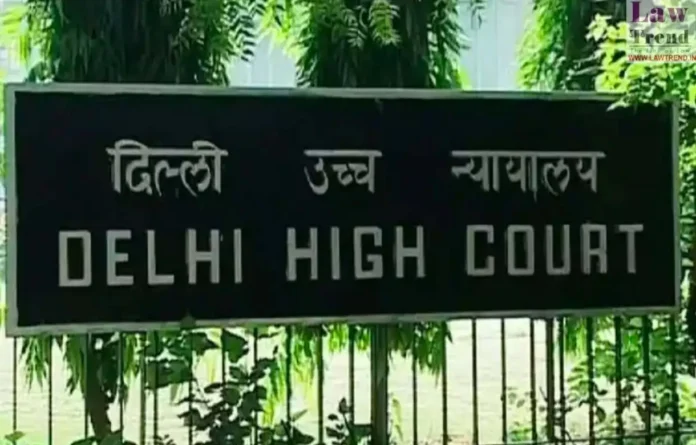The Delhi High Court on Tuesday dismissed a petition seeking directions to the Election Commission of India to justify the use of Electronic Voting Machines (EVMs) under Section 61A of the Representation of People Act, 1951.
Terming the petition a luxury litigation, which intended to take the election process back to the stone age, the Bench of Acting Chief Justice Justice Tushar Rao Gedela and Justice Tushar Rao Gedela rejected the plea for want of merit.
The Apex Court further took into consideration the fact that a petition challenging the use of EVM had earlier been rejected by the Commission.
A single-judge Bench had previously rejected the plea on the grounds that the issue had already been decided in earlier judgments.
The petitioners sought directions to ECI to comply with Section 61A of the Representation of People Act before holding any elections through EVMs.
As per Section 61A, “notwithstanding anything contained in this Act or the rules made thereunder, the giving and recording of votes by voting machines in such manner as may be prescribed, adopted in such constituency or constituencies as the Election Commission may, having regard to the circumstances of each case, specify.”
The petitioner sought directions to the EC to examine each constituency and conclude whether EVMs could be used. the Commission should further demonstrate and explain the circumstances warranting the use of EVMs in such constituencies.
The Apex Court observed that a plain reading of Section 61A of the RP Act opened with a non-obstante clause that empowered the Commission to adopt the recording of votes by voting machines.
The Bench further said that in 2019, the Commission had already specified the constituencies where EVMs were required to be adopted.
Section 61A did not support the appellant’s interpretation that the EC should specify each constituency separately and the special circumstances that would warrant EVMs, it noted.
The top court of the country said the issue was decided by the Delhi High Court in Viplav Sharma vs Union of India
The Apex Court also decided the issue in the Association For Democratic Reforms vs Election Commission of India. It said unless a substantive evidence was produced against EVMs, the current process would continue.


